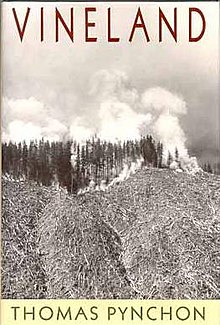Short answer? Yes.
Long answer: I did a ton of research on prep schools, the educational outcomes and the social impacts. Probably the first thing I did with every school we applied to was to find an African-American father with a male child and grill him on his experiences as a parent. His perceptions of the changes the institution made in his child and how he felt about those changes. I asked the sort of questions that are often extremely uncomfortable to discuss with people who aren't raising minority children in a majority White environment.
The research on the negative effects of feeling like an outsider in what should be your place of comfort is well documented. So for minority children, it is essential that the school have a critical mass of similar children. This allows the children to develop a social group through which to explore and discuss the class and racial divisions that often underlie the history of such institutions.
In many ways, black kids are better off than poor white kids or other ethnicities in these environments. The poor white kids are excluded in terms of wealth from the wealthy white kids who form the historical spine of the school but they're not often in a place to grasp that class distinction clearly. The kids of other ethnicities are still on the outside, like the poor white kids, but they lack the numbers to find a cohesive social group within which to explore why they're outsiders. The black students are often sufficient in numbers to have a social group and are together across class lines (unlike the white student body) that they can work through these issues in a safe environment.
I have a 10 page paper written about some school in Pennsylvania that breaks it down in great depth.
Understanding those elements made it easier for me to make the decision (my wife made her decisions quickly and independent of mine). Once I could identify a sufficient mass of minority students within an institution then I could explore if that mass was socially preparing their children for what was to come. The institution that we ended up at was such a place. The black fathers had organized their own separate meeting group to work through issues of class and race. Father involvement being extremely important to me. And the school had a sufficient body of minority students that my child would have a safe place from which to learn how to mesh into the larger social environment.
I don't worry about the early years but once kids pass into puberty and competition for limited resources (such as girls) starts to appear, we'll see if I'm right or wrong about this.
I could write at length about how the networking dynamic of such places is significantly different for the atypical students at such places. Atypical meaning not wealthy, not generational, not white.
But as one extremely successful black alumni told me (8 figures successful) - I went there and then I went to an Ivy Laague university. The things that I learned at the prep school and the university are what prepared me to be successful now. I might not be as attached to the school as some of my White classmates post-graduation but I wouldn't be here without the school either.
So, I pulled the trigger and I'll give it a run.
Academically, it's more wait and see if they live up to the academic reputation.






